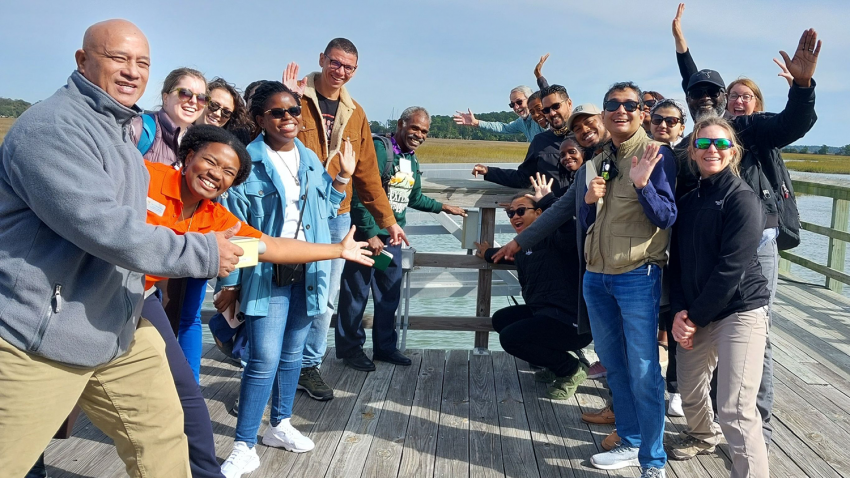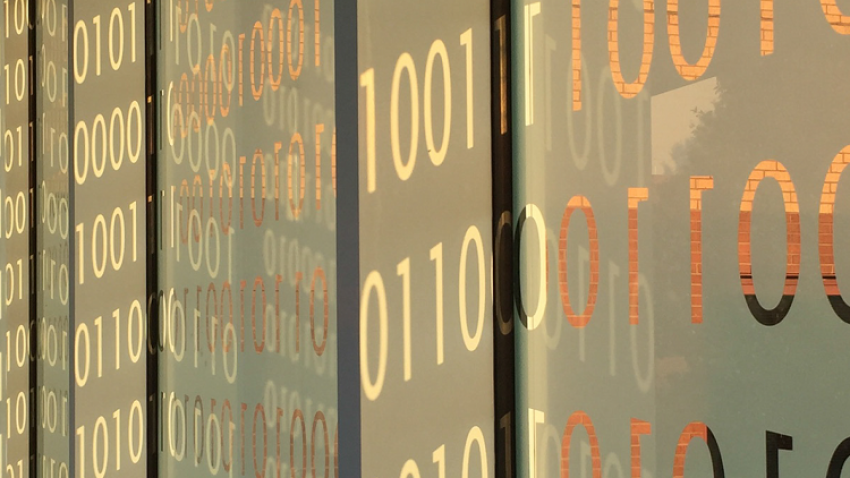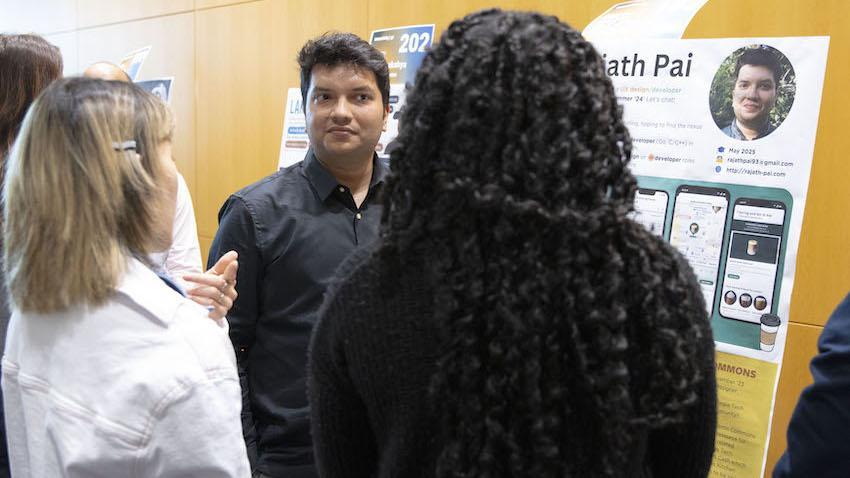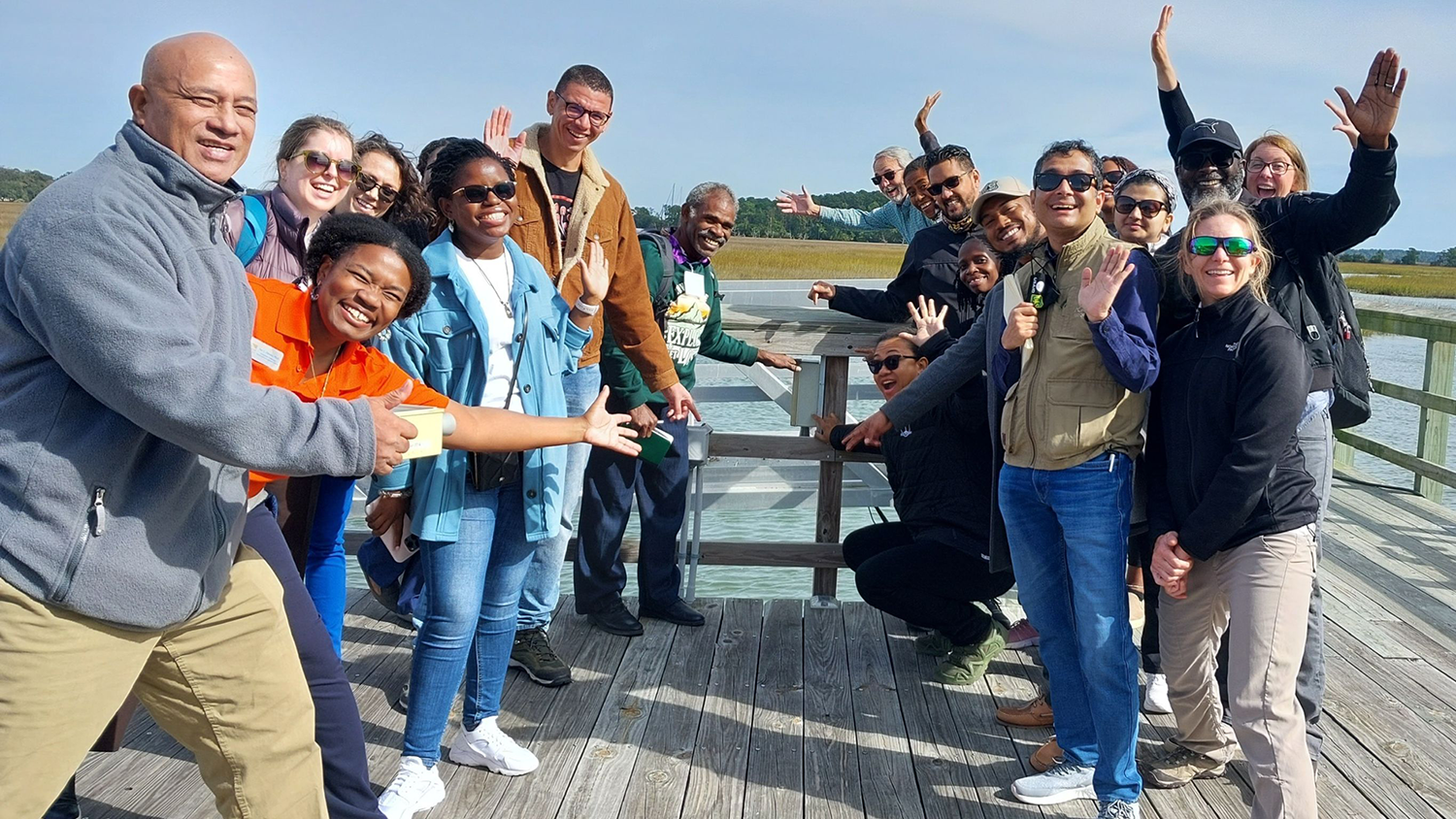CEAR Hub Hosts International Seminar on Community Resilience

The Coastal Equity and Resilience (CEAR) Hub recently partnered with the U.S. Forest Service to host a two-week international seminar on community resilience. The seminar provided training to 11 community leaders from Honduras, Bangladesh, Samoa, Mozambique, Solomon Islands, Fiji, Tanzania, Nepal, Belize, and Brazil. The participants spent one week in Atlanta and one week in Savannah, learning strategies for building social, environmental, and economic resilience. Numerous CEAR Hub projects were featured as case studies in the seminar, including the Hub’s smart sea-level sensor network in coastal Georgia; emergency management support in Chatham County, GA; resilience planning work in the Gullah Geechee community of Pin Point (Savannah, GA); community garden development and youth engagement in Hudson Hill (Savannah, GA); K-12 education programs at Savannah State University; and environmental health research in Brunswick, GA. Through these examples, participants gained a deeper understanding of climate adaptation options, nature-based solutions, equitable community engagement, and the importance of collaboration in achieving community resilience.
The CEAR Hub lead principal investigator is Russell Clark, senior research scientist at the Georgia Institute of Technology and faculty member of the Institute for People and Technology (IPaT). Several members of the CEAR Hub team are affiliated with IPaT.
About the CEAR Hub
Coastal flooding, extreme heat, and other climate hazards are growing threats to communities throughout Georgia’s coast. These threats are especially critical for historically marginalized groups, who often face the most severe impacts and have the least ability to cope.
CEAR Hub is a project that joins community organizations, local governments, and educational institutions together to develop the knowledge, tools, and strategies that make our communities more resilient. CEAR Hub partners work alongside members of vulnerable communities to create fair and just solutions to the climate challenges through community-led research, training, and outreach.


